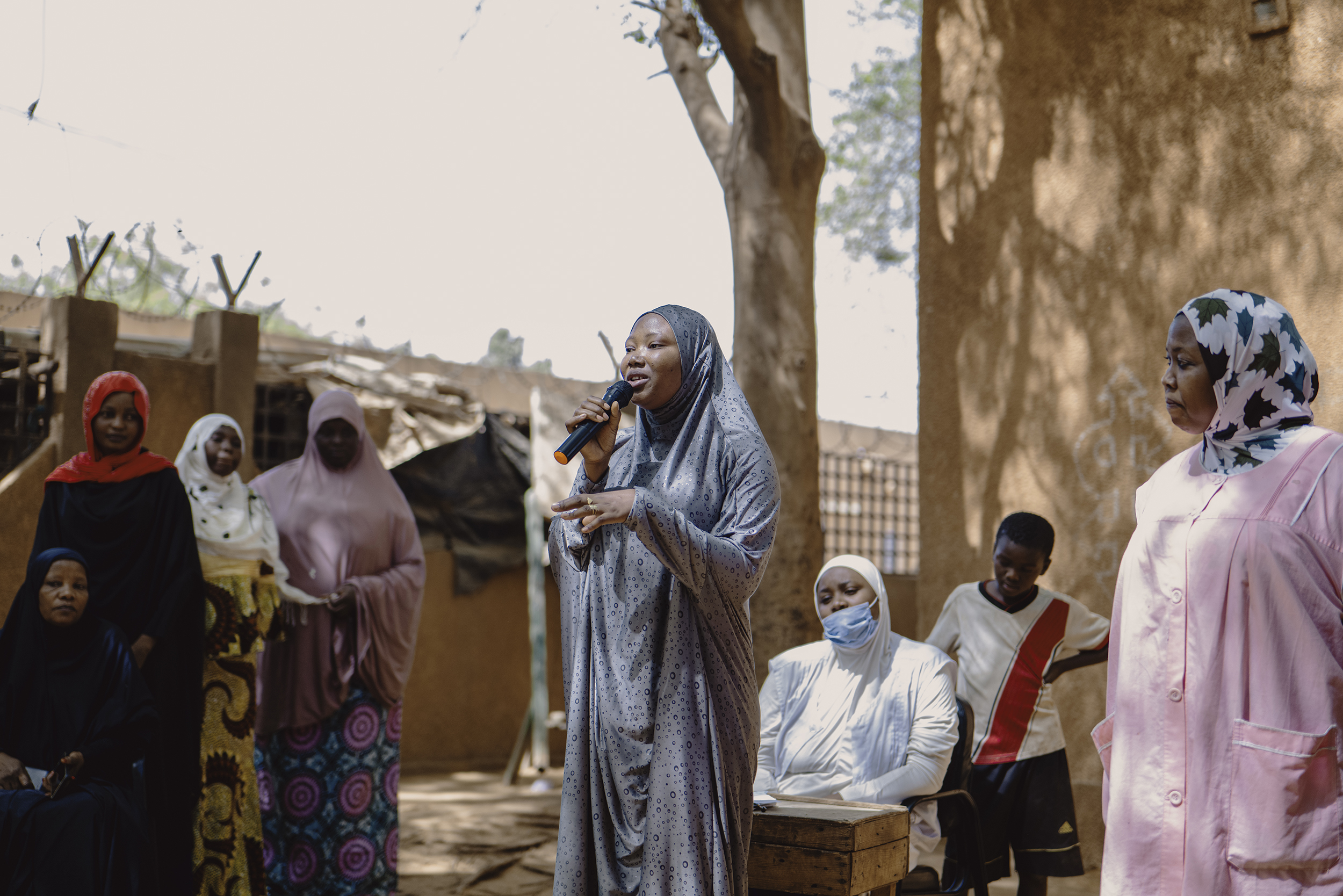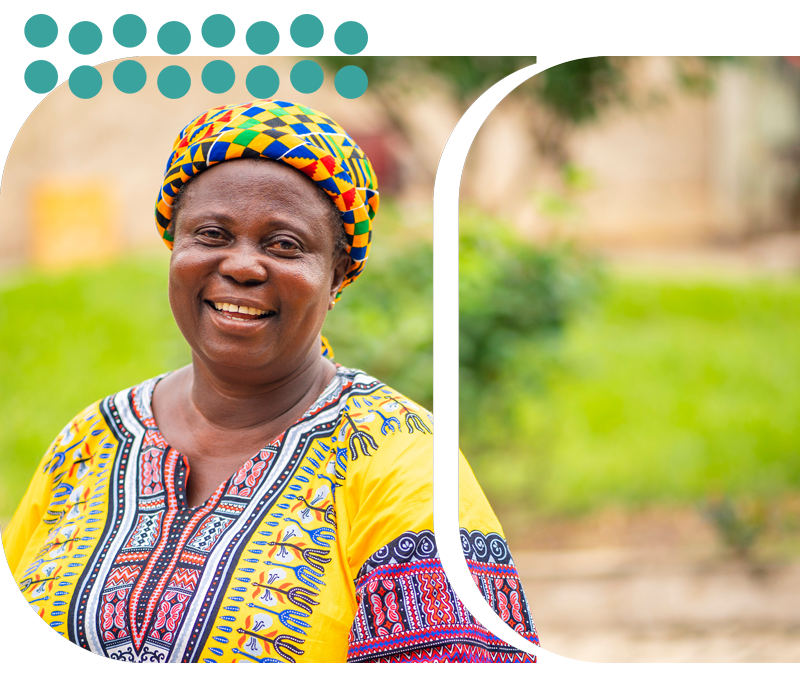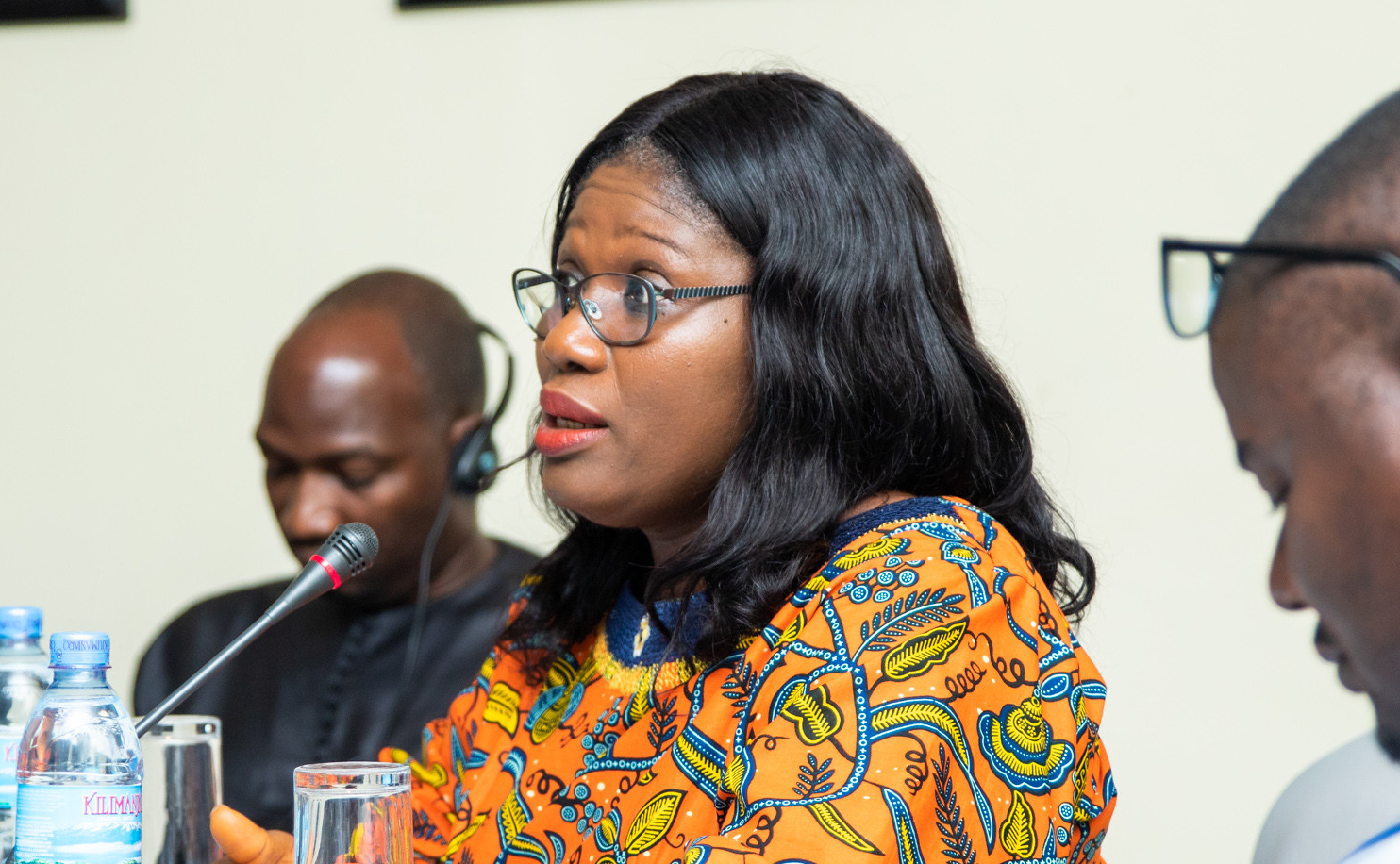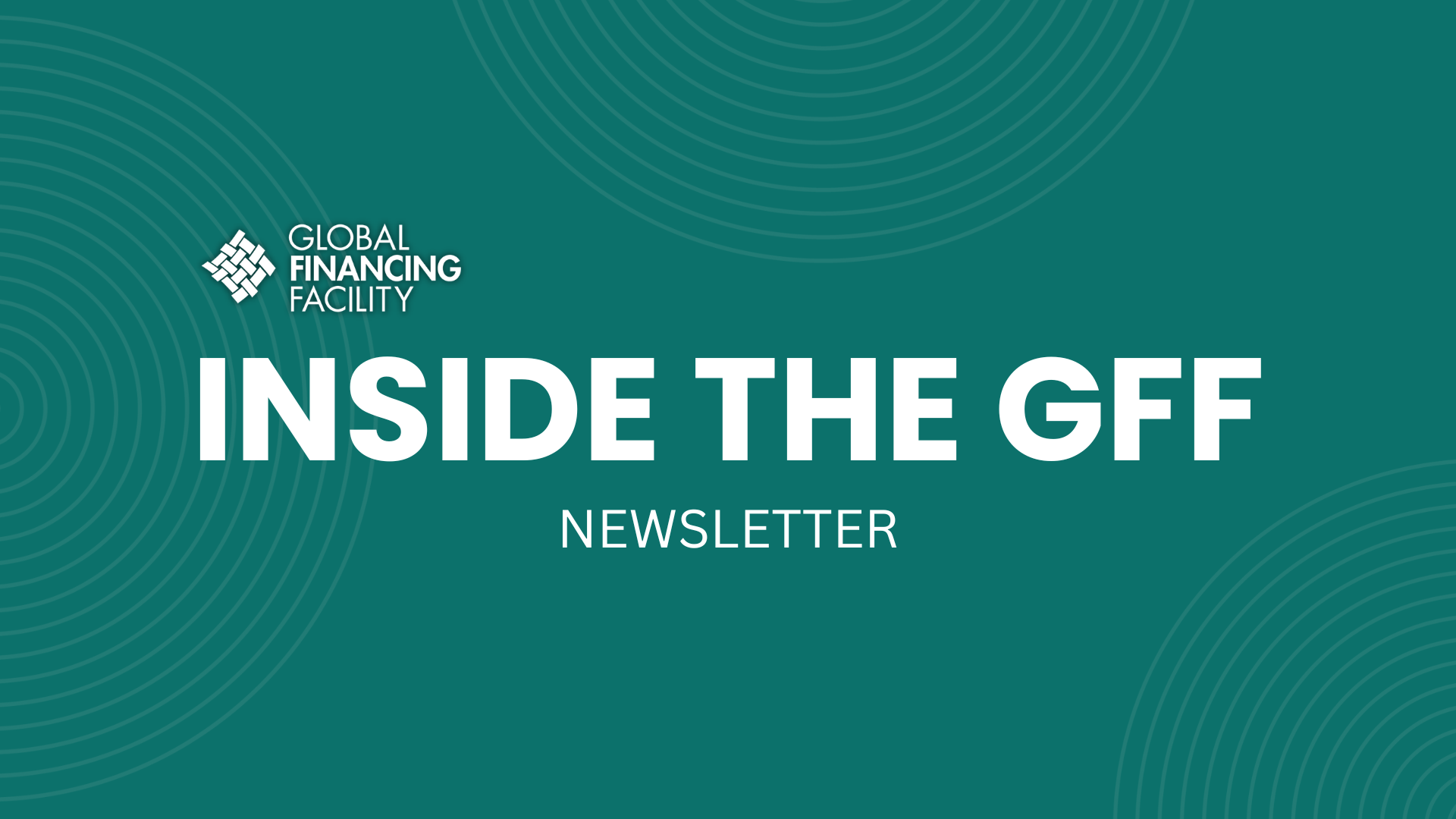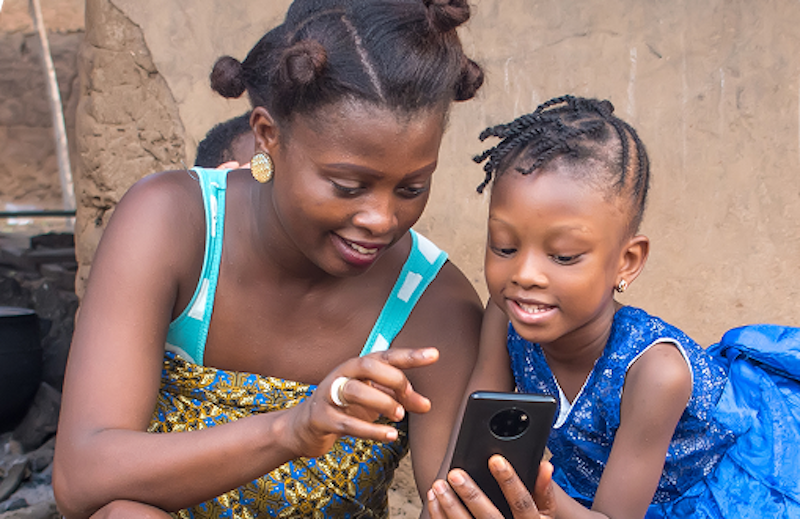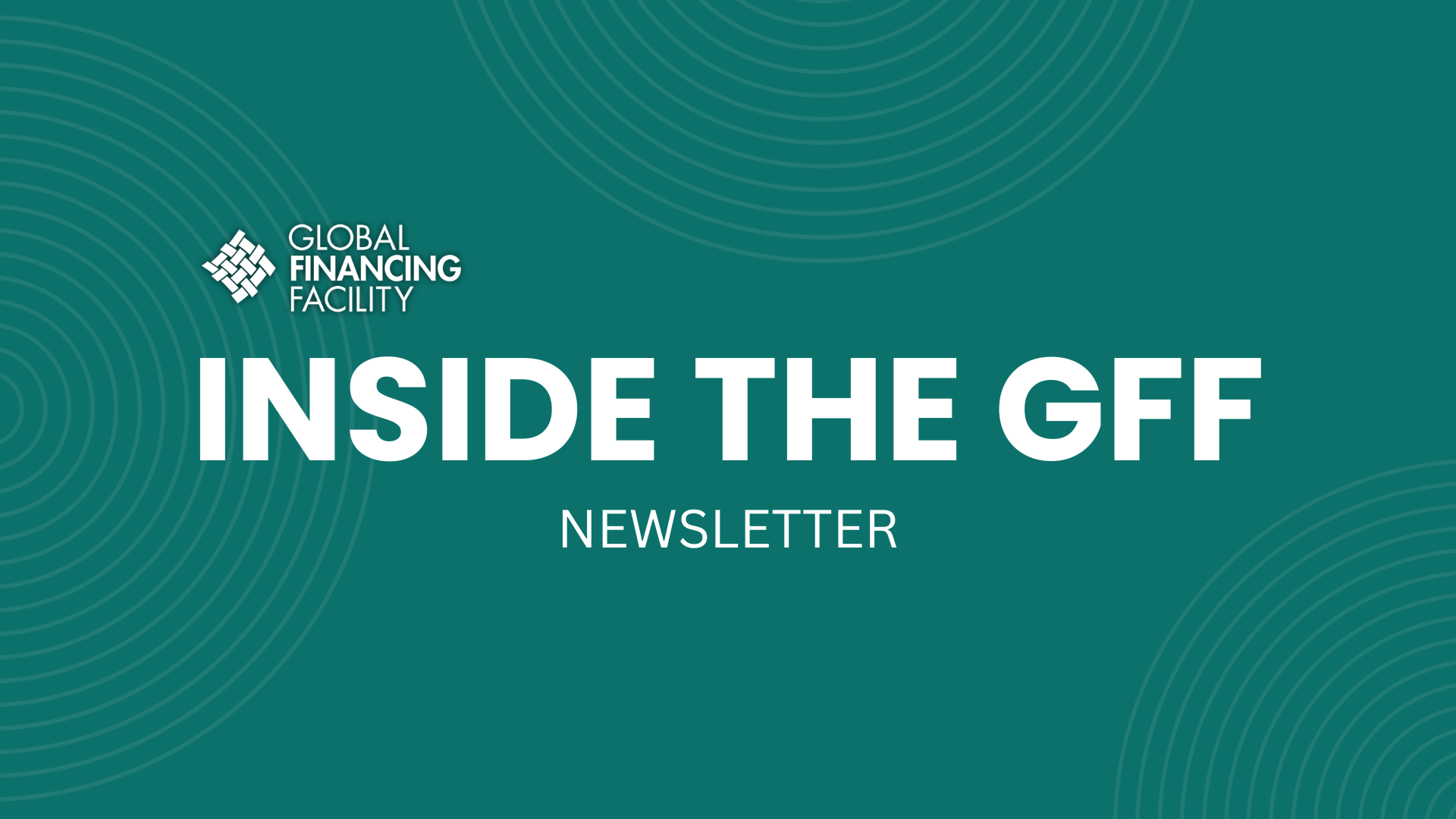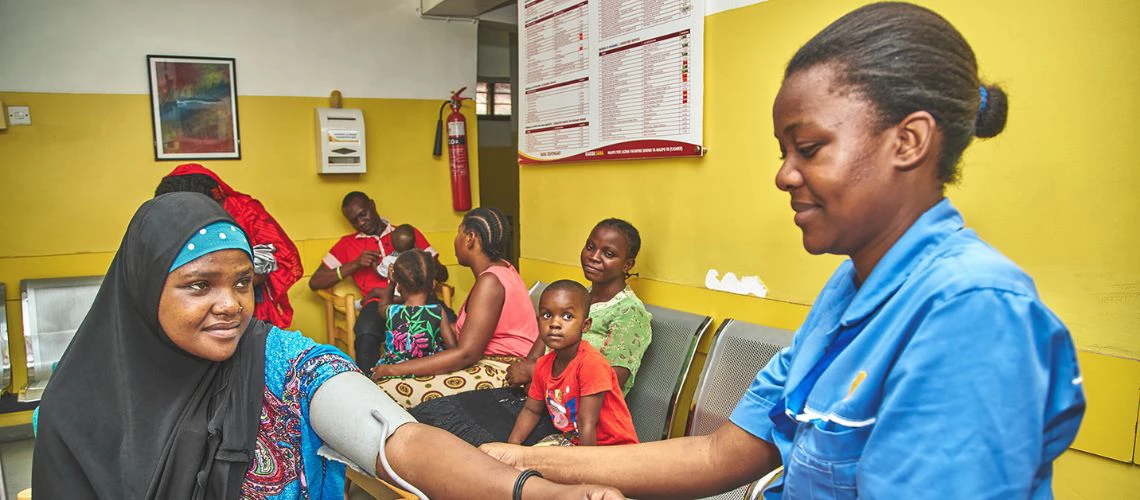CSOs AND YOUTH
Civil society organizations (CSOs) and youth-led organizations (YLOs) play a crucial role in advancing equity and improving health. They help ensure that policies and budgets address the perspectives and experiences of women, children, and adolescents in efforts to strengthen health service delivery and system reforms.
Over the years, Global Financing Facility (GFF) CSO engagement has put a particular focus on country-level actions, especially engagement in the design, implementation and accountability of national investment case and health financing strategy. Supporting and strengthening a strong advocacy CSO community on reproductive maternal, newborn, child and adolescent health and nutrition at country and global level has also been a critical enabling factor for ensuring prioritization of this agenda and supporting sustainable financing and prioritized allocation for partners countries and donors.
Since the launch of the 2021–2025 GFF CSO and youth engagement framework, actions have focused on strengthening CSO engagement in GFF processes and identifying mechanisms for stronger collaboration and support in three main pillars of the GFF:
• Country engagement: In 17 countries, civil society and youth have actively been involved in the development of the country investment case. CSOs are also actively engaged in advocacy and accountability across 28 countries, from community to national level. Further, a collaborative effort across the Global Fund, Gavi, UHC2030, the Partnership for Maternal, Newborn & Child Health (PMNCH), and the GFF, has supported CSOs and youth groups with resources, tools and evidence to conduct advocacy and accountability for public sustainable financing of health services.
• Global engagement: The GFF CSO constituency, through the Civil Society Coordinating Group (CSCG) and the Global Youth Platform, share valuable insights that ensure the GFF meaningfully engages these groups at global and national level.
• CSO governance and hosting: There are two civil society seats (two principals and two alternate representatives) and one youth seat (one principal and one alternate representative) that serve as members of the Investors Group—the GFF’s governance body—which helps ensure policies and strategies are inclusive and address the needs of communities.
The rollout of the GFF CSO and youth engagement framework, increased funding allocation and collaborative initiatives, such as the Joint Learning Agenda, have been important steps forward for the GFF partnership as it matures and consolidates its work in countries. The GFF scale-up of support and engagement with CSOs and YLOs has focused on not just hearing the voices of communities but acting in collaboration through embedding, institutionalizing and scaling up support for civic engagement with a concrete set of solutions. This approach is a critical enabler to successful implementation of the GFF strategy.
Civic dialogue, transparency, mutual accountability and joint action in support of women, children and adolescents
The partnerships with CSOs and YLOs have driven positive change at both community and national level. To streamline the governance, management and support for CSOs and youth, a single, independent NGO host partner has been hosting the CSCG, supporting coordination, providing technical assistance (TA) and capacity building, and grants to CSOs and youth in GFF countries.
The GFF CSO hub operates through a World Bank project of US$5 million implemented by Population Action International (PAI), a policy advocacy organization on sexual and reproductive health and rights (SRHR). Grants ranging from US$15,000 to US$100,000 support advocacy and accountability, the production of evidence including documenting best practices, and CSO and youth coalition engagement and coordination. Since 2022, US$2.7 million has been allocated in small grants to 51 organizations in 28 GFF partner countries. Half of these organizations are youth-focused or youth-led CSO engagement.
Driving stronger advocacy and accountability for results
• In Kenya, the Organization of African Youth Kenya’s mobilization of 17 youth organizations to advocate for adolescent and youth health resulted in an assessment report to decision makers that sparked a major shift: the expansion of the Division for Adolescent and Youth Health’s mandate and the establishment of the very first Adolescent Health Policy for 2024–2030, in which the GFF Youth Coalition played a crucial role. The Organization of African Youthand the GFF Youth Coalition teamed up to oppose proposed family planning service fees in Nairobi’s 2023–2024 budget, which led to the removal of the fees.
• In Malawi, the Health and Rights Education Programme mobilized civil society and youth partners to shape the development of the country investment case, resulting in a commitment from government to elevate the health budget from 8.5% to 12.2% as a share of the national budget. This increase represents a significant step toward improving the health of women, adolescents and youth in Malawi.
• In Mozambique, the Associação Observatório do Cidadão para Transparência e Boa Governação no Sector Saúde has played a critical role in influencing the national investment case through advocacy, leveraging data and sharing policy briefs. Their work secured an increase in funding and policy for adolescent sexual and reproductive health. The efforts of N’weti (a CSO member of the Associação) in spearheading the National Dialogue on Health Financing culminated in a ministerial declaration for increased health resources and domestic health financing, propelling the country toward UHC.
• In Zimbabwe, the Community Working Group on Health rallied voices to shape a powerful domestic health financing position paper. Previously, budget decisions were exclusive to government officials, leaving out community perspectives. This advocacy secured an increase in health spending from 10.6% to 11.2% from 2022 to 2023, demonstrating the power of community-driven change.
